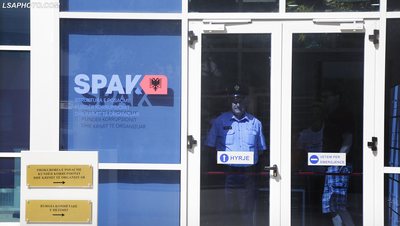
The lack of employees has become a fundamental problem for Albanian businesses in recent years, but in the meantime, thousands of highly educated people across the country are unemployed.
Although this contingent is decreasing due to population shrinkage, last year around 19 thousand people with higher education were still looking for work but could not find it, according to INSTAT data. Around 13 thousand of them were aged 25-64.
In total, the number of unemployed people with higher education for the age group over 15 years old fell from 22,198 in 2023 to 18,832 in 2024.
Data shows that unemployment has increased somewhat among young people aged 15–24, from 4,892 in 2023 to 5,266 people in 2024, which indicates that entry into the labor market for young people who have recently graduated has become more difficult.
On the other hand, the 25–29 age group has marked a significant decrease in unemployment, from 8,498 in 2023 to 6,770 people in 2024, a decrease that is also related to the reduction in the population in this age group due to emigration.
Even for people with higher education aged 25–54, who represent the largest share of the workforce with higher education, unemployment has fallen from 16,353 in 2023 to 12,989 people in 2024.
Figures show that last year youth unemployment remains a sharp problem that could further stimulate emigration with work contracts abroad.
The reasons why people with higher education have difficulty finding work in Albania are numerous and are related to both the structure of the labor market and the quality of education.
One of the biggest problems is the mismatch between the diplomas produced by the education system and the real needs of the labor market.
Albanian universities continue to produce a large number of lawyers, economists and managers, while the market requires more technical, engineering, IT professions, labor in agriculture, tourism and specialized crafts, cleaning workers, etc. As a result, many graduates remain unemployed or accept jobs below their level of qualification.
Even when there are jobs for graduates, the average salary for young professionals remains low. Many private companies prefer to hire at minimum wages or short-term contracts, which encourages disillusionment and emigration of young people with higher education. A good portion of graduates see more opportunities abroad, where their work is valued financially and professionally.
Many institutions lack career advancement structures, mentoring, and merit-based salary and career evaluation, factors that are increasingly encouraging young people to leave the country./Monitor






















